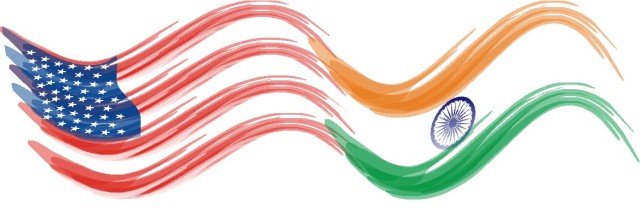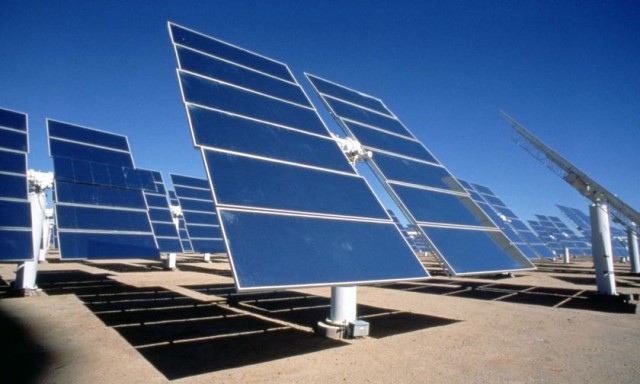By Ipshita Agarwal
 For a country to develop, its industries must grow. Its manufacturing capability should increase. It should be able to export more and import less. Self reliance, they say.
For a country to develop, its industries must grow. Its manufacturing capability should increase. It should be able to export more and import less. Self reliance, they say.
But when India decided to adopt this path, who would have thought it would be taken to the World Trade Organization (WTO) over this? Yes, the United States of America has dragged India to the WTO over the solar power policy adopted by India. This is yet another addition to the slowly increasing kitty of Indo-US strains, following close in line after the Devyani Khobragade diplomatic row.
The Jawaharlal Nehru National Solar Mission programme, which was initiated in 2010, invited tenders for Phase II in 2013, majority of which were awarded to US companies. Yet, the US has filed a complaint with the WTO against India’s solar energy policy which favours Indian companies, it claims. The policy mandates use of local (i.e. Indian) equipment for solar projects, thereby forcing foreign companies to make use of local materials, which may be more expensive as compared to imported equipment.
US Trade Representative Michael Froman said the Obama administration was ‘standing up’ for the rights of American workers and businesses, and that India’s policies were Anti-WTO norms. The US claims that benefits like long-term tariffs for electricity, based on companies’ use of solar modules of local origin, discriminate against the US manufacturers. India’s policy has been treated as ‘inconsistent’ with its obligations under the GATT (General Agreement on Tariffs and Trade).
Anand Sharma, Indian Commerce and Industry minister, on the other hand, says that India is doing no wrong and all policies are completely in line with WTO norms. He has taken US up-front and responded by saying that “India will respond adequately at the WTO”.
 If one goes into depth of the rationale behind India’s policy, it is but evident that such a policy is designed to protect Indian manufacturers from the onslaught of cheap Chinese and other cheap imports. It is time Indian industries grew and became competitive at the global level. The policy does not restrict any country’s companies to apply for the tenders; it merely mandates use of solar modules and cells of Indian origin.
If one goes into depth of the rationale behind India’s policy, it is but evident that such a policy is designed to protect Indian manufacturers from the onslaught of cheap Chinese and other cheap imports. It is time Indian industries grew and became competitive at the global level. The policy does not restrict any country’s companies to apply for the tenders; it merely mandates use of solar modules and cells of Indian origin.
In Anand Sharma’s words “We are also very clear that India has to create domestic manufacturing capacities. India must have those capacities. Otherwise, we will end up importing for the rest of our lives.”
The Solar Mission programme is aimed at doubling India’s renewable energy capacity by 2017. Last February, consultations to resolve the dispute were held between India and the US, over the first phase of the programme. The US has now expressed dissent over the second phase.
This is the second time that the US has sought diplomatic conflict –resolving, and comes just weeks after the Devyani case, that is itself, yet to be resolved.
While one might see these instances as a strain in the Indo-US relationship, the US recently gave us reason to think otherwise. US ambassador to India, Nancy Powell recently met BJP prime ministerial candidate, Narendra Modi, ending a 9-year boycott by the US. The US said it was looking forward to working closely with the Government that the ‘Indian people choose’.
While certain connotations were taken to this move, such as supporting the BJP candidate, it does prove that while India and US may be battling it out on the trade front, all is not lost yet.

































